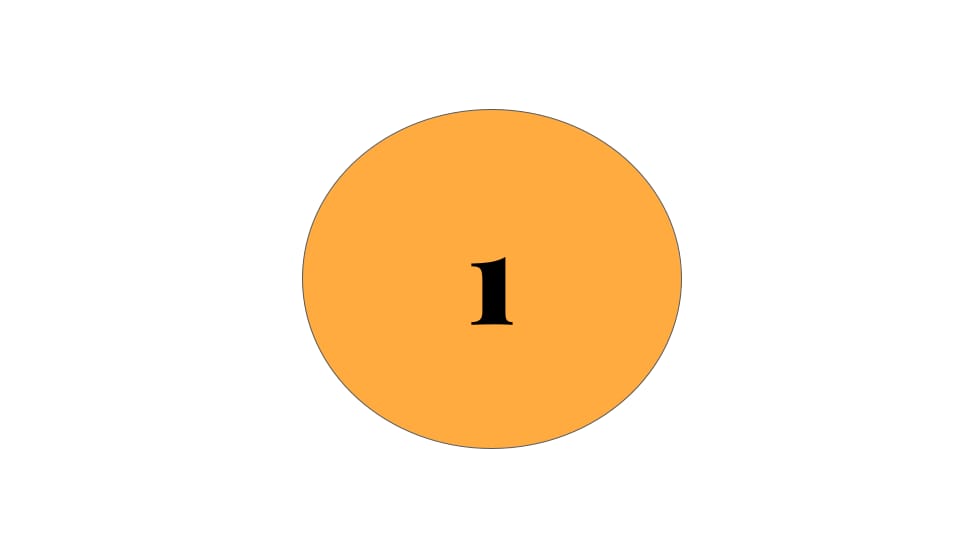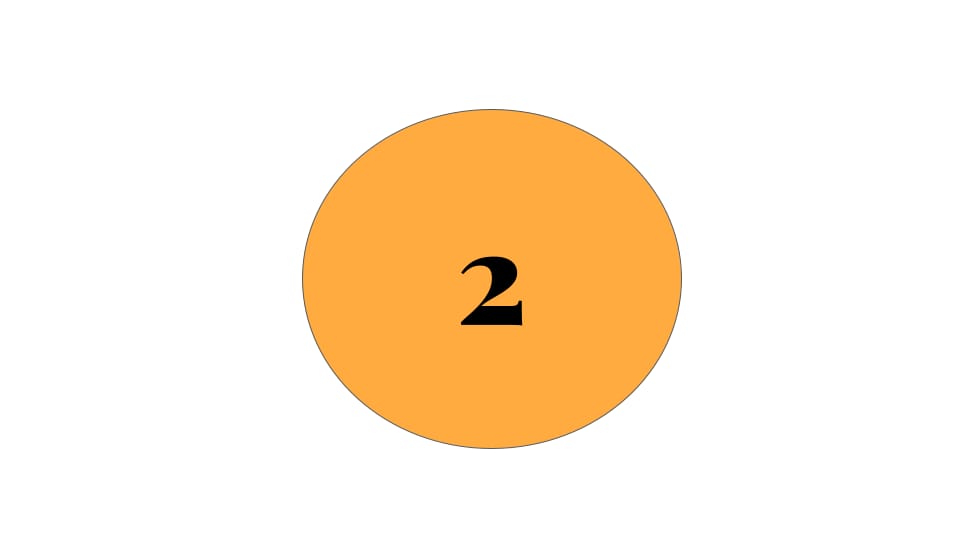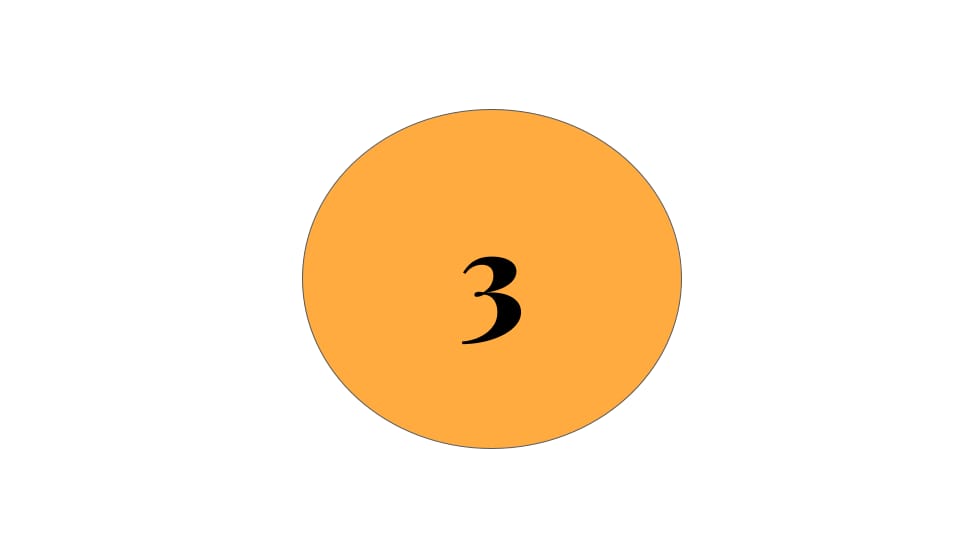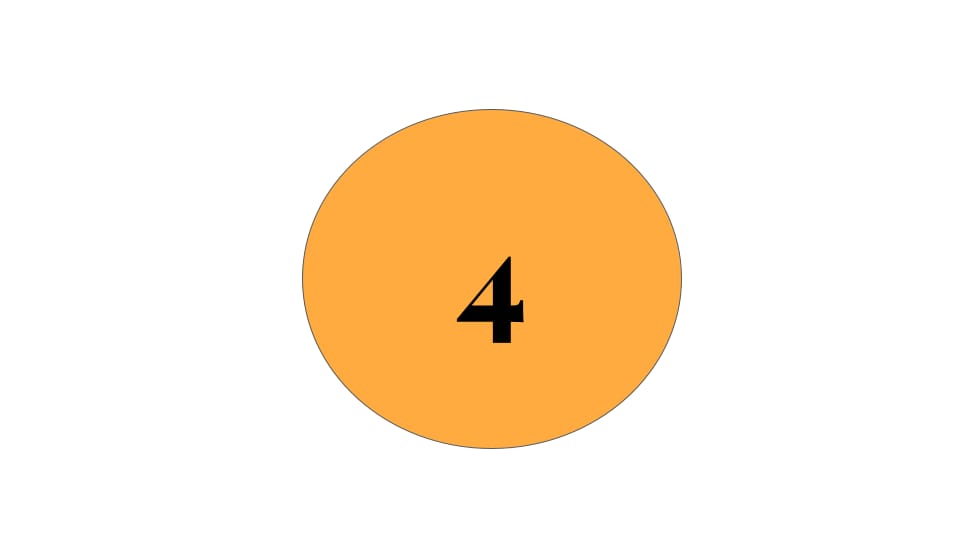- Smoke Signals: Navigating the Evolving Landscape of Nicotine and Tobacco Regulations
- Posts
- May 28, 2024 - Bluetooth-enabled ENDS PMTAs submitted
May 28, 2024 - Bluetooth-enabled ENDS PMTAs submitted
Issue #10 - AI Prompting Strategies 🤖

Additional scientific policy memos were released by FDA CTP
A Brief in Opposition to a Writ of Certiorari was filed in the Wages and White Lion Investments, L.L.C., dba Triton Distribution MDO appeal (23-1038)
Nicotine Nuggets, a U.S. tobacco retail survey, was released by Goldman Sachs for Q1 2024
Altria submitted supplemental PMTAs to FDA CTP for NJOY ACE 2.0 with bluetooth-enabled access restriction technology

On May 14, 2024, FDA posted additional regulatory science policy memos focused on internal roles, responsibilities, and processes related to premarket tobacco product application (PMTA) review. (link). The memos are administrative in nature and shed some light on the review delegation process at CTP.
Clarification of PMTA Review Responsibilities between DPHS and DIHS - March 30, 2022
The document is a memorandum that clarifies the review responsibilities for scientific disciplines within the Division of Population Health Science (DPHS) and the Division of Individual Health Science (DIHS) in the context of Premarket Tobacco Applications (PMTAs). It aims to reduce redundancy and potential confusion for the TPL (Tobacco Project Lead) by delimiting the review responsibilities of respective disciplines within DPHS and DIHS. The memorandum outlines areas of overlap within and between disciplines and provides a delineation of review responsibilities for specific types of studies included in PMTAs, such as tobacco use behavior studies, health risk/biomarker studies, and public health impact models.
The document outlines the process for implementing new acceptance and filing reviews for premarket tobacco product applications (PMTAs) based on new requirements under 21 CFR 1114. It discusses the background of the PMTA rule, the prioritization of reviews, and the updated procedures for evaluating applications received as of November 4, 2021. The document also emphasizes the prioritization of non-tobacco nicotine products (NTN) and the intention to initiate the review process starting in June 2022 with applications for NTN products, followed by other applications received as of November 4, 2021. The processes outlined in the document will be revisited as FDA gains more experience with the new PMTA requirements.

FOOD AND DRUG ADMINISTRATION, Petitioner, v. WAGES AND WHITE LION INVESTMENTS, L.L.C., DBA TRITON DISTRIBUTION, ET AL., Respondents. On Petition for Writ of Certiorari to the United States Court of Appeals for the Fifth Circuit (23-1038) (link)
The document is a legal brief in opposition to the FDA's denial of applications for flavored electronic nicotine delivery systems (ENDS) products. It argues that the FDA's decisions were arbitrary and capricious and that the applicants were not given fair notice of the requirements for authorization. The brief highlights the lack of evidence for the FDA's new requirement for a product-specific longitudinal comparative efficacy study and the rescission of a supporting memorandum. It also points out that the FDA's requirement was not adequately communicated to the public prior to the denials. The document suggests that the Supreme Court has other vehicles to resolve the circuit splits on these issues.

Goldman Sachs released its “Nicotine Nuggets” U.S. tobacco retail survey for Q1 2024 representing 38,000 retail locations across the U.S. (~26% of all tobacco outlets). Takeaways from the report include:
Downtrading pressure has accelerated, with 4th tier cigs and e-cigs benefiting the most
The illicit disposable e-cig market is a growing concern with low visibility on a near-term solution
Retailers are noting customers migrating from e-cigs to nicotine pouches due to lower retail prices


NJOY, an Altria company, submitted supplemental PMTAs for NJOY 2.0 ACE products on May 20, 2024. The NJOY ACE Classic Tobacco (2.4% and 5%) and Rich Tobacco (5%) pods were originally authorized on April 26, 2022. The company also re-submitted PMTAs for Blueberry and Watermelon pod products that work exclusively with the NJOY ACE 2.0 device.
A Supplemental Premarket Tobacco Product Application (PMTA) is a type of submission to the FDA that seeks marketing authorization for a new tobacco product that results from modifications to an original product that has previously received a marketing granted order. This type of PMTA is designed to reduce the burden associated with the submission and review process by allowing applicants to cross-reference information from the original PMTA.
Several manufacturers have submitted PMTAs for Bluetooth-enabled ENDS devices to restrict underage access to vapor products, including JUUL Labs Inc.’s PMTA submitted in July 2023.
Recent Publication of Interest
Foxon, F., & Niaura, R. (2024, March 25). Methods Used by US Adults to Stop Smoking Cigarettes, 2020–2022. https://doi.org/10.31219/osf.io/2yuw4
Summary
∙CDC’s nationally-representative US health survey data (NHIS) asked US adults who stopped smoking completely from 2020–2022 which methods they used to stop
∙7.5 million US adults stopped smoking completely from 2020–2022
∙54.6% (4.1 million adults) used one or more nicotine products to stop smoking completely from 2020–2022
∙42.5% (3.2 million) used e-cigarettes (alone or in combination with other methods) to stop smoking completely from 2020–2022
∙27.2% (2.0 million) used e-cigarettes exclusively to stop smoking completely from 2020–2022

Deep Dive - Creating an Effective Prompt for the PMTA Chatbot
Be Specific and Clear
Example: Instead of asking, "Tell me about PMTA," ask, "What are the key components of a PMTA application?"
Use Complete Sentences
Example: Instead of typing, "Toxicology review," ask, "How does a toxicology reviewer assess a PMTA application?"
Focus on One Topic at a Time
Example: Instead of asking, "What is PMTA and how is it reviewed?" ask, "What is the PMTA process?"
Avoid Ambiguity
Example: Instead of asking, "What about marketing orders?" ask, "What information is included in a PMTA marketing granted order?"
Use Contextual Keywords
Example: Include relevant terms like "substantial equivalence," "toxicology," or "social science" to guide the chatbot.
Example: "Explain the social science review process in a PMTA application."
Ask Open-Ended Questions
Example: Instead of asking, "Is toxicology important?" ask, "Why is toxicology important in a PMTA application?"
Be Concise
Example: Instead of a long-winded question, ask, "What are the steps in the PMTA review process?"
Use Proper Grammar and Spelling
Example: Ensure your prompt is free of typos and grammatical errors to avoid confusion.
Provide Context When Necessary
Example: If your question is based on a specific document, mention it. "According to the PMTA Final Rule, what are the new requirements for PMTA?"
Test and Refine Prompts
Example: If the initial response is not satisfactory, refine your prompt. "Can you provide more details on the toxicology assessment in PMTA?"
Resource Links
Chatbots
PMTA MGO Chatbot - This large language model (LLM) response agent was trained on several PMTA marketing granted orders and their respective technical project lead memos issued by FDA CTP. You can ask questions like “Provide a GAP analysis for a PMTA testing program.” This is very much a proof-of-concept exercise but responses are improving.
I am making available a strategic analysis of CTP Application Job Aids. This resource provides a step-by-step analysis of the job aids provided to FDA CTP reviewers assigned to premarket tobacco product applications (PTMA), exemption request (EX) and substantial equivalence (SE) applications submitted under sections 910(a), 905(j)(A)(3) or 905(j), respectively, of the Federal Food, Drug, and Cosmetic Act (FD&C Act). The document includes the strategic analysis as well as the job aids.